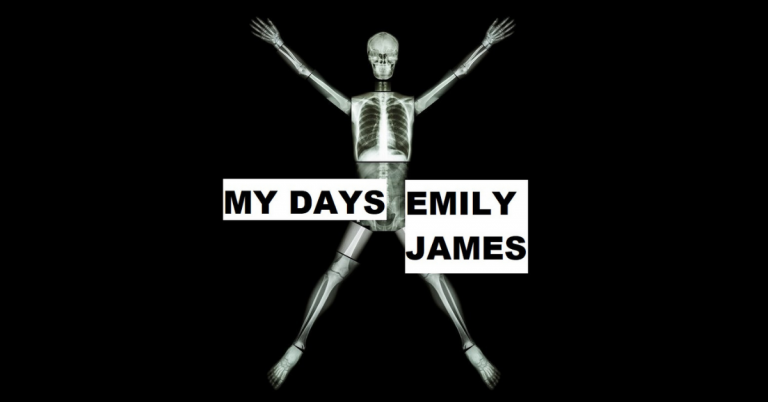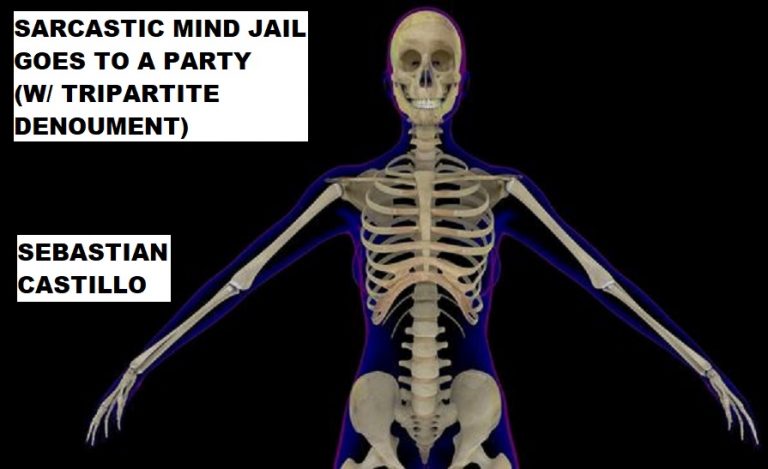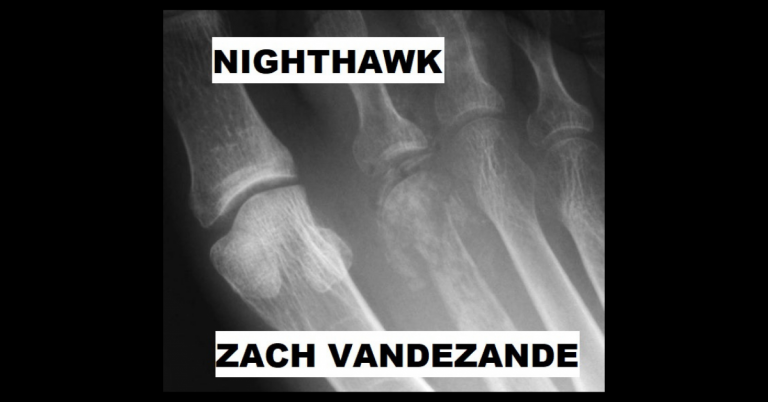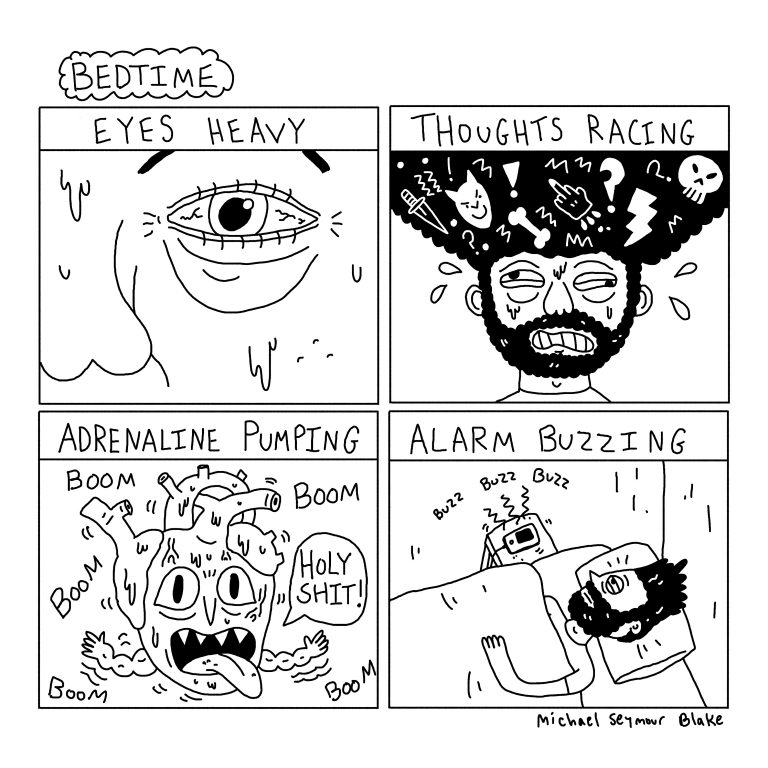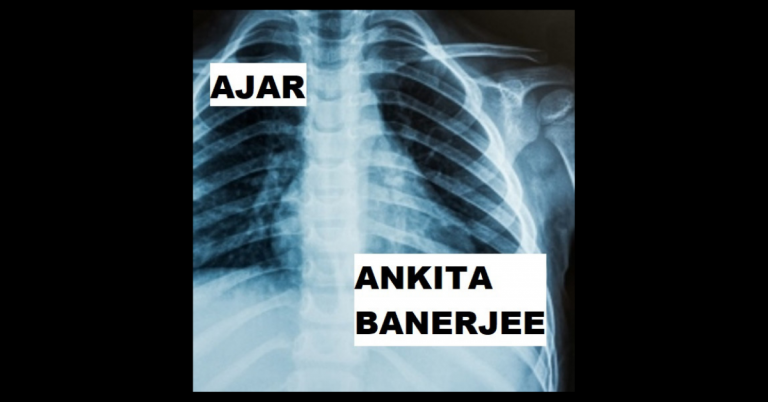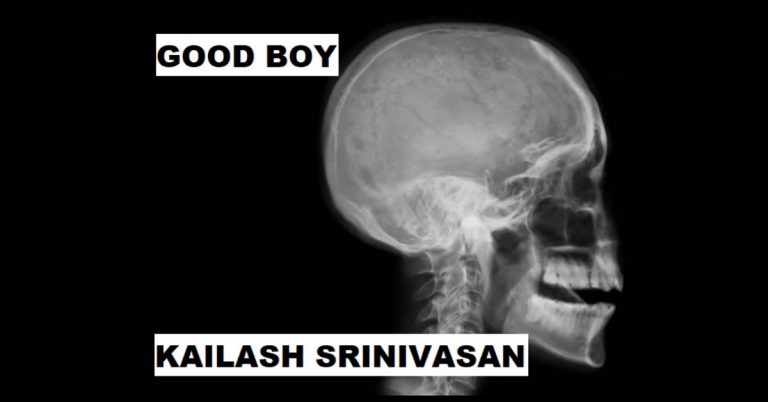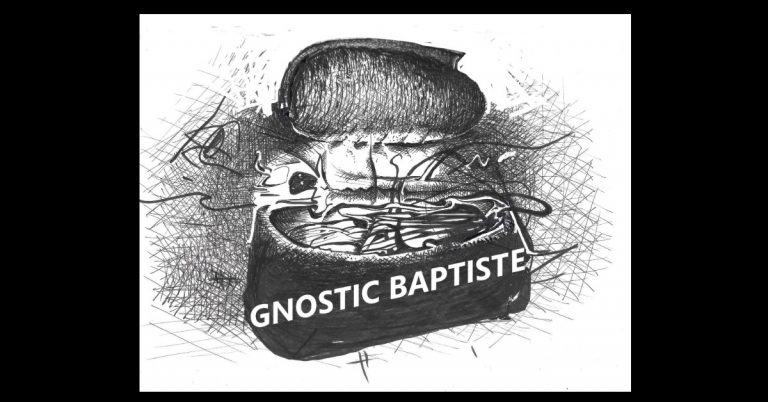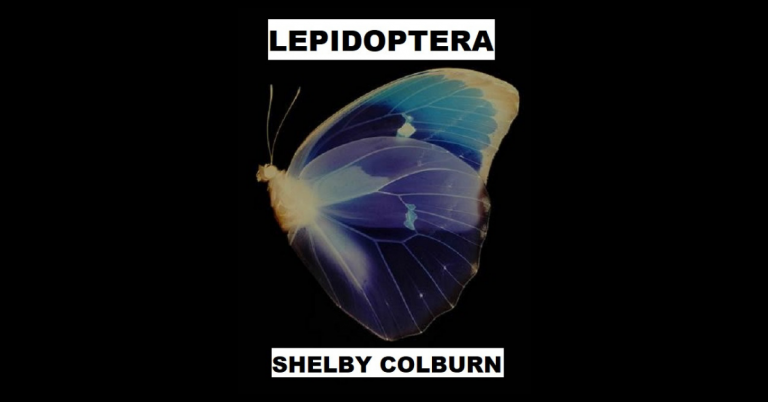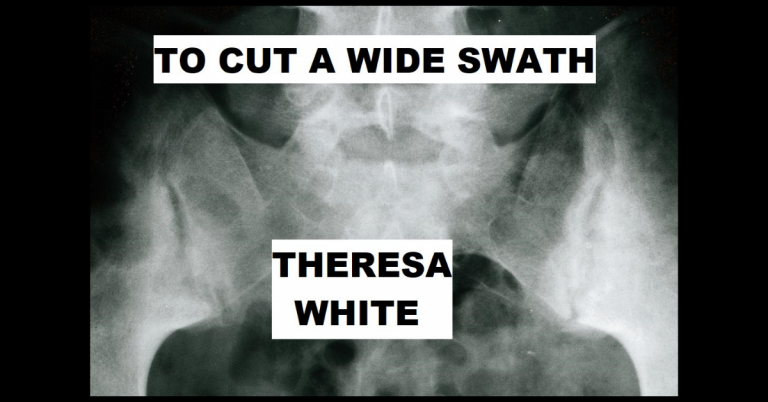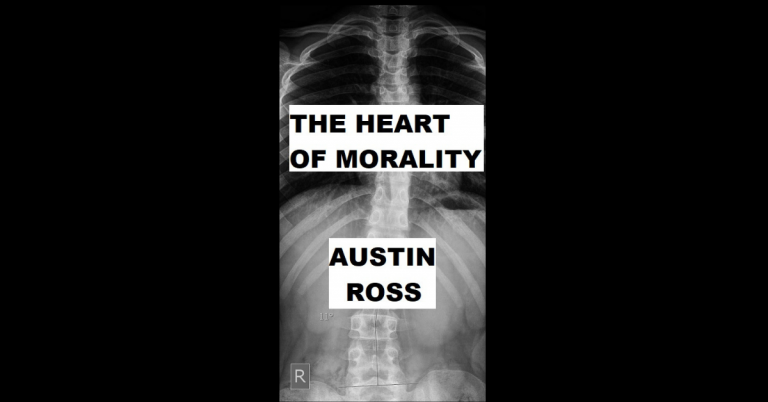She told me she caught a moth in her throat. We sat in a roadhouse munching on fried pickles as snow fell past the window. She reached into her mouth with a finger and pulled her right cheek to the side like a hooked fish. I leaned closer to her face and peered down her mouth. There it was, a grey moth lodged in the opening of her throat. Its small wings fluttered behind her uvula and tonsils. She popped her finger away, closing the opening to the moth’s new home.
“It chose me,” Priv said as she attempted to clear her throat, “I felt it one day and there it was.”
She took her hand from under mine and picked up her glass of seltzer. She sipped a few gulps while I watched as the condensation formed moisture against the edges of her chipping maroon nail polish.
“I feel it against my neck if I press hard enough,” she said, “And it won’t tell me why it chose me,” Priv put down her drink and folded her arms against her chest, “It speaks to me. Tells me what it wants.”
I popped a pickle in my mouth letting the juice trail down my chin. Priv sucked a glob of ranch off her fingers. I wondered if the moth would spit the dressing down into the cavern of saliva and mucus. What if Priv displeased it—would it stretch out and choke the air from her trachea? My sadness formed a lump in my own throat.
Priv smiled and swallowed another pickle.
***
When the last traces of snow melted into the earth, I saw the effects of the insect spooning itself against Priv’s pharynx.
I was reading a book when I looked over and saw Priv staring at her lamp.
“The lights are magnificent,” she told me, “They look like life and death.”
I asked her what that meant, but she reached up and lifted the shade from the LED.
“I see pixels and swirls of purples and pinks. Oranges are mating with yellows to create greens. There is black behind every surface mixed with scarlet.”
I reached over and turned off the light. Priv blinked her eyes and turned her head back to me. Her pupils were dilated enough to leave no white.
“Return them to me,” she said.
I pulled the string down, and she reached her hand towards the burning bulb.
***
When I saw her the next day, Priv was sitting on a stool slumped over her kitchen island. Bags hung below her eyes and the paint from her nails had been chewed off.
She was whispering and placing her index finger in her mouth. I watched as she chewed the tip of the nail with small nibbles. “Your fur scratches my throat,” she said quietly while tipping her head back. She hocked, but smiled as she rested her chin against the grain of the island.
I leaned down beside her and tilted my head to meet her blank gaze. She turned her neck slightly towards me, her pupils still large in her eyes. I asked her if she wanted to try and get rid of it. She chomped down hard on her nail and tore a crescent from her finger. With a gulp she sent it back to her throat.
“Why?” she said, “Jealous?”
A glint of spit dripped from her bottom lip.
***
When bulbs began to bloom, I watched as bandages replaced her fingers. Priv munched her nails down to the lunula. Her shirts and sweaters grew damp with drool while she sucked and nibbled at the edges of her sleeves.
“I don’t want to do that,” she whispered to herself one day, taking her sleeve away from her mouth. I stood back from her and she began laughing, “I don’t want to drink the flowers.”
I asked her what that meant, but Priv told me not to worry about it. “Moth things,” she said while sticking her sweater over her tongue.
I tried taking the sleeve out of Priv’s mouth, but she pushed me away.
I didn’t want to smother her, so I let her be.
***
Two days later I found Priv examining her garden, her hands digging into the dirt to tear up her credenzas’ roots. I watched as she plucked the flowers from her garden and tilted the head of the plant to her lips, her tongue soaking up the morning dew that rested on the surface of the florets. She crushed the flower in her hands, looking up at me with a yellow-green moustache; her smirk tainted with a clear syrup falling down her chin.
***
In mid spring, when her garden was strewn with the corpses of tulips, hydrangeas, and camellias; Priv began to tear and gnaw her clothing. She plucked with her teeth the cotton and polyester blends that scooped around her neck. Lint caught between her incisors, so she flossed with loose strings from the leftovers of her rags.
“I can’t eat anything else,” she said, her eyes circled with faint black rims, “Nectar and lint…”
She walked over to her sink and ripped the curtains hanging over the window above. She tore at the sewn chickens and apples, ripping the cloth into samples that she could plop into her mouth. She swallowed and I could hear a buzzing form in her throat.
“I always hated mom’s curtains,” she said chewing. She clicked her tongue in her mouth, her eyes beginning to squint with thought. “I wonder what sweat tastes like?” she said turning to me, her teeth holding a brown Welcome sign in the gaps of her gums.
***
When the humidity of July drenched our bodies with salt, Priv began to lick her arms and hands, wiping the drops of moisture from her forehead. When she tried to lick me, I pushed her back, telling the moth to stop it.
“It’s not the moth anymore,” she said, her voice wild. She climbed up her stairs and left me alone by the entrance of her porch. The light hanging over her door frame had scratch marks.
***
That night I sat in my bed and felt the fan blowing warm summer air on my body. I was unable to fall asleep as the muggy heat held me down on my sheets.
As I scrolled through my feeds, Priv’s face popped up in front of me. I answered her call.
“I need more,” she said, her voice sounding desperate and dry.
I buried my face in my pillow, my sweat seeping into the synthetic fibers.
“Can’t you do anything for me?” she said, her voice booming in my room.
I didn’t answer her.
“You never cared.” She hung up.
***
“I need more,” a voice said coming from my window. I opened my eyes and twisted my head from my pillow. I saw Priv’s blue glare gleam as a car passed on the street below. My window fan lulled beside her.
As I wiped dried tears from the corners of my eyes, I heard Priv whispering to herself:
“I need something I haven’t tasted before.”
She opened her mouth, releasing a red string. It floated above her head in the current from the fan.
She inched closer to me, eyeing the sweat that was forming under my hairline. She lunged at me, pinning me down against the fabric of my sheets. Before I could scramble away, she locked my arms down with her knees and opened her mouth.
“Just a bite,” she said while licking the side of my face, her breath smelling of nectar and Nike. I tried struggling beneath her, but she engulfed me. All I felt was the strange sensation of wings batting against my consumed skin.
***
When I came to, green scales clutched the caves and crooks of my epidermis, and I was struggling to breathe in a suspended world of metamorphosis. I could hear Priv’s voice shake the cavern around me: Just pretend to like it.
I looked down at my body and saw that my limbs were forming branches of black with spikes of hair. How long have I been down here? I thought, disbelief running through my mind. I wasn’t dead. I wasn’t alive. What was I?
My eyesight was beginning to merge into millions of diamonds, and I felt my head sprout two antennae. My blonde hair fell from my scalp into the abyss below, followed by crumbs of tonsil stone. I brought my fingers to my disillusioned eyes and saw my red blood had turned yellow.
I looked around. I was twisted and snarled within a golden-brown cocoon just dangling below the rounded hood of Priv’s uvula.
I’m not ready to swallow you, her voice echoed around me. She laughed, swinging my cocoon back and forth. You tasted so good. I had to save you for later.
***
My fingers were beginning to form as one when I heard a voice in my ear begin to speak to me.
It’s almost over, it whispered. It didn’t come from Priv’s throat—the sound was too clear against the ringing of my ears. But the soft cadence of the voice died against the shuffling and scratching my cocoon made. As I searched for the sound, I found my diamond eyes locate the red reflection of gems hiding behind the scars of forgotten wisdom teeth.
She doesn’t like to swallow, it said raising its voice, She wants to absorb us. The moth’s proboscis did not move with the words that formed in my head—we were connected by the tissue that held us above Priv’s throat.
What can I give her?
Everything I couldn’t.
***
You think changing will help her? Priv’s throat said undulating. It didn’t help you.
The moth crawled into the red glow that shown from Priv’s cheeks, the outside world just out of reach behind flesh and veins. The moth’s white fur clashed with large red eyes, its hair coaxed in bits of lint and sap. Its left side was torn with bite marks forming over ripped trunks of leftover legs and torn aileron. Yellow blood splashed up against the thorax.
She tried eating me but she liked the taste too much.
Priv laughed again.
The moth climbed over my cocoon and began nibbling the seams that kept me suspended.
Make the decision, its voice called to me as its front leg stepped on my ridged home.
My surroundings vibrated with my every shake.
I didn’t want to leave her. It said while snipping away at the branches that held me up above the gaping esophagus. Even when I turned, she didn’t release me.
The green scales of the cocoon tightened their grip on me with every utterance. They snarled at me and dug into my furry skin.
Do what I should have done.
Priv’s jaw began to move, clipping the moth against her back molar with a large clush. Her throat motioned in repeating rows that drew back pieces of the moth.
I’m done with you, Priv said.
With one last slash, the moth tore open my cocoon and looked at me with its red eyes. It opened its mouth and screamed at me.
Priv’s mouth opened and a bright light filtered in past her gums. As her tongue bashed the moth down into her body below, I leapt forward. Two orange and black wings opened from my shoulder blades.
I flapped out of Priv’s mouth. She chomped at me with a lunge, but I soared out the gap between my fan and window. Her ethereal cries echoed below me.
